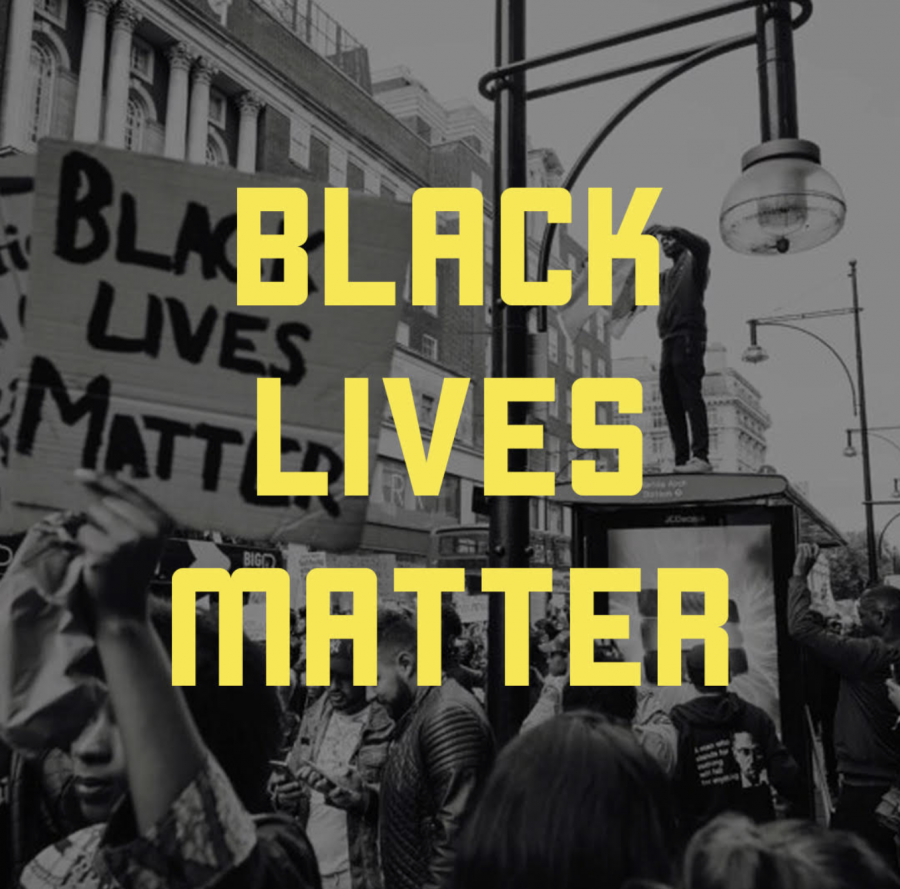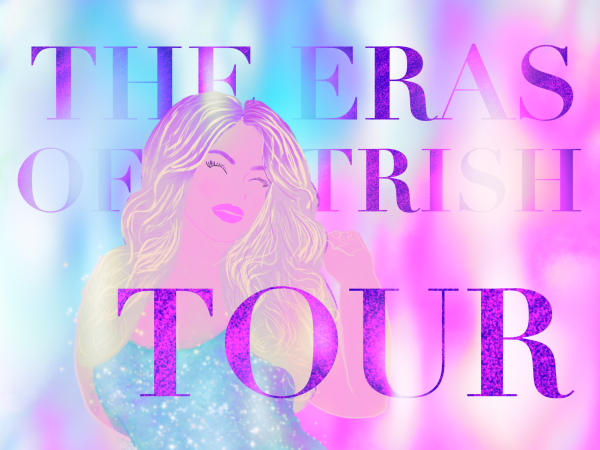White allyship: Where to start
The death of George Floyd at the hands of Minneapolis police and the video of the incident came out, and people around the world have spoken up about this and the many other instances of injustice against people of color (POC).
As a non-POC, I acknowledge that I will never understand or be able to relate to the injustice and racism that POC face every day. As a privileged white person, I can be an ally for this community and start to better educate myself and donate to causes and organizations that support POC and anti-racism.
We must move on from only posting things on social media and thinking that is enough. I have taken the past couple of days to go through and compile a list of resources and places to start becoming a stronger ally for POC. This list includes videos, films/documentaries, books, articles, organizations and places to donate.
I can only hope that by sharing these resources that we are able to come together as a community and support POC to hopefully transform institutions and organizations rooted with racism to better serve POC.
I found a quote on Instagram that everyone should read:
“White privilege doesn’t mean your life hasn’t been hard, it means your skin color hasn’t made it even harder.”
At the end of the day we must all do better and be better because Black Lives Matter.
The resources are below:
Videos:
- BLM’s #WhatMatters2020
- Looking at the powerfulness of voting.
- “How Studying Privilege Systems Can Strengthen Compassion” – Peggy McIntosh at TEDxTimberlaneSchools
- Discusses the importance of looking at and understanding your own privilege.
- Black Feminism & the Movement for Black Lives: Barbara Smith, Reina Gossett, Charlene Carruthers (50:48)
- A panel discussion of feminism as a Black person.
- Let’s get to the root of racial injustice | Megan Ming Francis | TEDxRainier
- Discusses how to better understand the problem and solution of racial injustice.
- Life of Privilege Explained in a $100 Race
- A breakdown of privilege.
TV shows/Films/Documentaries:
- “Dear White People” – Netflix
- This series follows a group of black students and their experiences at a predominantly white university.
- “Selma”
- A historical drama looking at the voting rights marches of 1965 in America.
- “13th” – Netflix
- A documentary that looks at the history of racial injustice and inequality in America, specifically in our prison systems.
- “Just Mercy”
- This film follows Bryan Stevenson, a recent Harvard graduate, and the work he does to represent those without representation and those wrongly convicted. *According to Deadline, Warner Bros. has made Just Mercy free to stream on all digital platforms for the month of June.
- “The Hate U Give”
- This film follows Starr Carter, a young Black teenager, and the struggles she faces as she tries to navigate between her two worlds of living in a poor black neighborhood and attending a white prep school.
Books:
*When purchasing these please try and support your local bookstores as opposed to large companies.
- “Between the World and Me” – Ta-Nehisi Coates
- A look at the concerns of a Black father for his Black son, where Coates attempts to answer the bigger questions concerning America’s ideals and history towards Blacks.
- “How to be an Antiracist” – Ibram X. Kendi
- Moving beyond the idea of not just being not racist but how to be actively anti-racist.
- “White Fragility” – Robin Diangelo
- This book discusses how white people can better respond and engage in conversations around race and racism.
- “The Next American Revolution: Sustainable Activism for the Twenty-First Century” – Grace Lee Boggs
- This book looks at how we can currently address, combat, and confront. the social issues facing our country.
- “So You Want to Talk About Race” – Ijeoma Oluo
- This book offers an examination of the history of race and racism in America and how it is impossible to ignore the problems surrounding race.
- “Me And White Supremacy” -Layla F Saad
- This workbook leads readers through a 28- day journey of understanding their white privilege and participation in white supremacy, so that they can stop (often unconsciously) inflicting damage on black, indigenous and people of color, and in turn, help other white people do better, too.
Articles:
- 1619 – New York Times
- A podcast series looking at the history of slavery in America.
- 1619 Project – New York Times
- An interactive series of articles discussing the history of slavery in America.
- ”White Privilege: Unpacking the Invisible Knapsack”
- Breaks down white privilege and how to recognize it.
- “America’s Racial Contract Is Killing Us” – Atlantic
- A look at how the coronavirus has disproportionately affected the Black community.
- “Who Gets to Be Afraid in America?” – Atlantic
- Discusses the fears Blacks in America face every day.
Organizations and places to donate:
- Innocence Project
- An organization working in criminal justice reform to protect and free those wrongly convicted.
- Color of Change
- Works to combat racial equality in politics.
- The Minnesota Freedom Fund
- An organization working to provide bails and bonds for those currently jailed.
- Black Lives Matter
- An organization committed to eradicating white supremacy and to stop violence towards Black communities.
- Your city’s jail bail funds for protesters arrested.
- Black Lives Matter — Ways To Help
- a website that has many links to petitions, places to donate, resources for protesters, and other resources nationwide.
Others:
- Racial equity tools glossary
- They provide a glossary of terms to better educate yourself and others so that the conversations about race can erase confusion.
- Join a protest.
- Call/email/write government officials and police departments sharing your concerns.
- Call (612)-673-3000 to demand justice from the Minnesota PD
- Sign a petition.
- Text “FLOYD” to 55156 to sign.
- VOTE
- Vote out those who hate and are not serving to help the movement.
Please feel free to share other resources you have found helpful in the comments.







